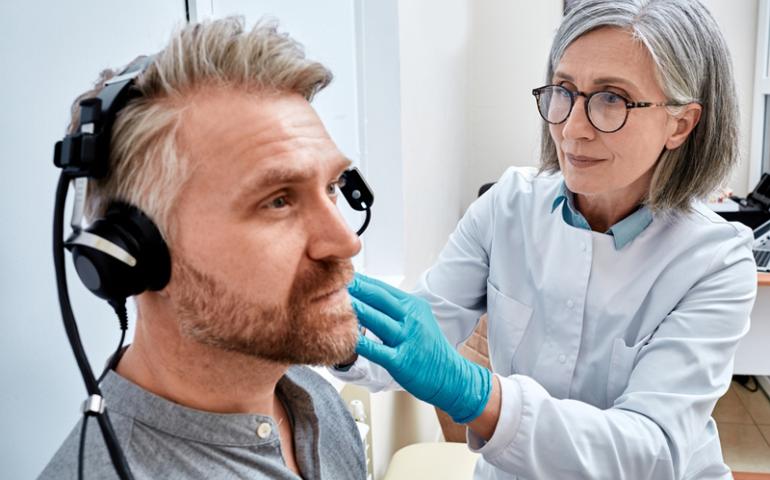How Is Hearing Loss Diagnosed?
Hearing loss is a common sensory impairment that can impact your quality of life. It's important to know the causes and signs of hearing loss. Knowing how we diagnose hearing loss is crucial to address this condition. In this blog, we will explore the causes of hearing loss and the common signs and symptoms of hearing loss. We also look at the diagnostic procedures used to identify and assess hearing loss.
Why Does Hearing Loss Occur?
Hearing loss can occur due to various factors. As we age, the delicate structures of the inner ear may deteriorate. This can lead to age-related hearing loss known as presbycusis. Prolonged exposure to loud noises can damage the sensory cells in the inner ear. This can lead to noise-induced hearing loss. Some forms of hearing loss can be hereditary. It's passed down from generation to generation due to genetic mutations. It can affect the development or function of the auditory system. Certain medical conditions can contribute to hearing loss. These include otosclerosis, Meniere's disease, or infections like otitis media. These affect the structures of the ear and cause hearing issues.
Common Signs of Hearing Loss
Recognizing the signs and symptoms of hearing loss is essential. Knowing the signs aids in early detection and intervention. There are many common signs of hearing loss. Struggling to follow conversations, especially in noisy settings, could mean hearing loss. Needing others to repeat themselves or speak more louder on a regular basis may also be a sign of hearing loss. Increased volume on electronic devices can signal hearing impairment. Hearing loss can lead to you withdrawing from social interactions or avoiding gatherings. This is due to communication challenges from untreated hearing loss.
How Is Hearing Loss Diagnosed?
Diagnosing hearing loss involves a series of assessments and tests. Your hearing healthcare professionals can complete these following tests.
- Physical Examination. An audiologist will first complete a comprehensive examination of the ear. They will check for any physical abnormalities or conditions affecting hearing.
- Audiometric Testing. This is a series of tests to look at your hearing. These include pure-tone audiometry, speech audiometry, and tympanometry. These assess the extent, type, and nature of hearing loss.
- Speech Recognition Testing. This tests the ability to understand speech at different volumes and frequencies. This can help to determine speech discrimination levels.
- Otoacoustic Emissions (OAEs). OAE testing measures the response of the inner ear to sounds. It provides valuable information on the functionality of the cochlea.
- Auditory Brainstem Response (ABR). ABR testing measures the brain's response to sound stimuli. It helps to diagnose hearing loss caused by neurological issues.
Contact Us
It's important to understand the causes, signs, and diagnostic procedures for hearing loss. Hearing exams can help promote early detection and appropriate intervention. If you suspect you or a loved one may have hearing loss, contact us today. We can test your hearing, provide accurate diagnosis, and personalized treatment options.






